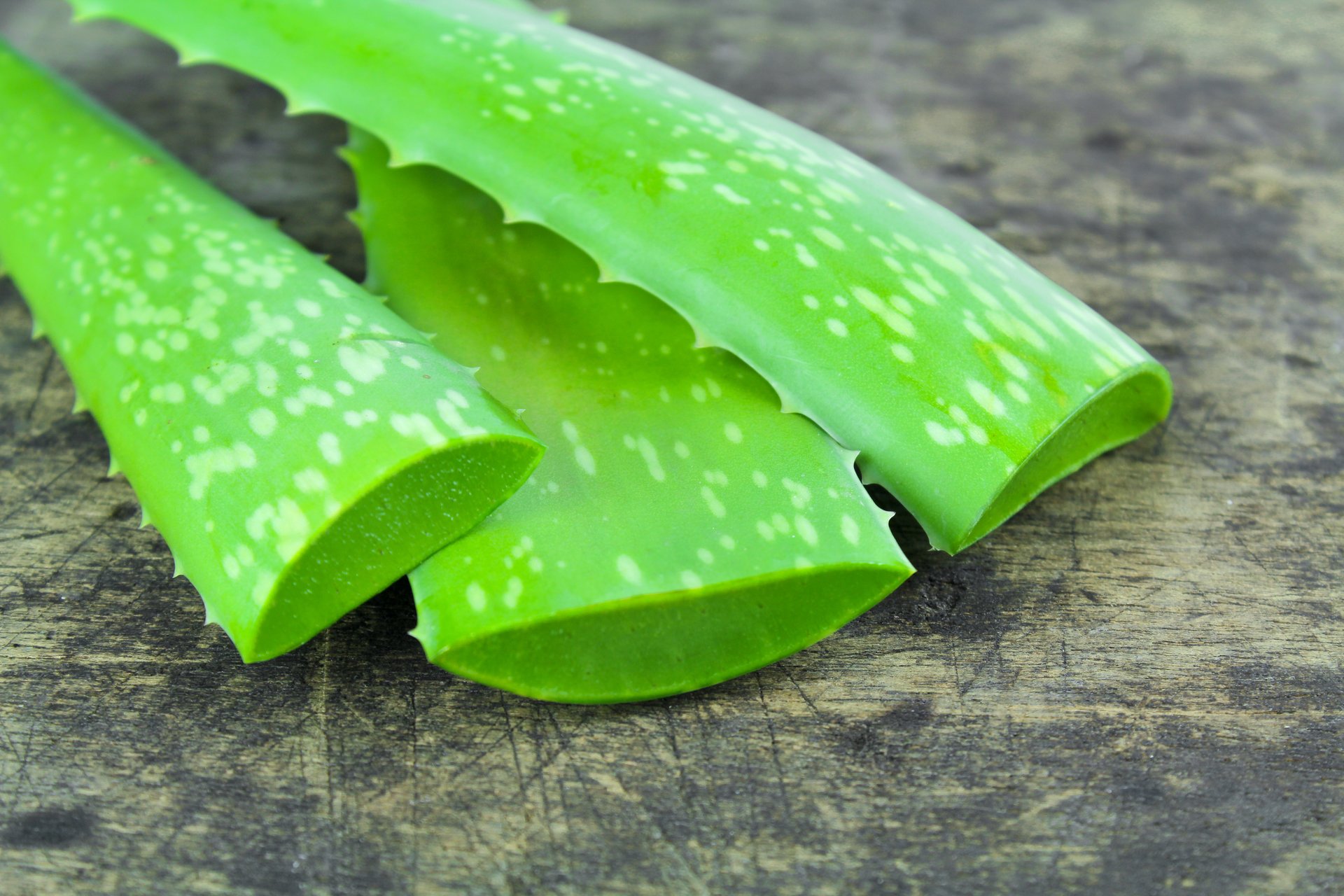
Think twice before the next time you reach for aloe.
Some aloe vera gel products that claim to contain juice from aloe plant leaves actually contain “no evidence of aloe,” a Bloomberg News investigation found.
The publication hired a lab to test store-brand products for three chemical markers that indicate the presence of aloe. The products tested were:
- CVS’ Aftersun Aloe Vera Moisturizing Gel
- Target’s Up & Up Aloe Vera Gel
- Walgreens’ Alcohol Free Aloe Vera Body Gel
- Walmart’s Equate Aloe After Sun Gel
None of the chemical markers were found in the products from CVS, Target or Walmart. Instead, testing revealed the presence of maltodextrin, a sugar that is cheaper than aloe and often used to imitate it.
The Walgreens product contained only one of three chemical markers. That means the presence of aloe couldn’t be confirmed or ruled out, Bloomberg reports.
Target declined to comment to Bloomberg, while the other three retailers said their suppliers confirmed their products were authentic.
The companies that manufactured the four tested products either declined to name their suppliers or disputed Bloomberg’s test results.
Fortunately, you don’t have to worry about whether aloe-based products are authentic. There’s an alternative — raw aloe directly from inside the leaves of a live aloe plant.
That’s what aloe aficionados like Meredith Zielke prefer. Bloomberg reports that the documentary filmmaker in Chicago has an aloe houseplant and uses its raw aloe to soothe symptoms stemming from Lyme disease.
Zielke tells Bloomberg:
“I like just having it at home to snip it from there. I just like the comfort and the knowledge of having a plant in your house that can actually heal you.”
You can purchase an aloe houseplant for little more than a bottle of purported aloe gel. I often see them at national big-box store and home improvement store chains, although not necessarily during the winter.
I like them not for their aloe but because they’re especially effective at helping improve your indoor air quality. A landmark study conducted by NASA in the late 1980s documented the ability of some houseplants, including aloe, to decrease the presence of toxic chemicals found in indoor air.
The main scientist behind the study went on to write books like “How to Grow Fresh Air: 50 House Plants that Purify Your Home or Office,” a personal favorite.
What do you make of this news about aloe vera gel products? Share your thoughts below or over on our Facebook page.




Add a Comment
Our Policy: We welcome relevant and respectful comments in order to foster healthy and informative discussions. All other comments may be removed. Comments with links are automatically held for moderation.